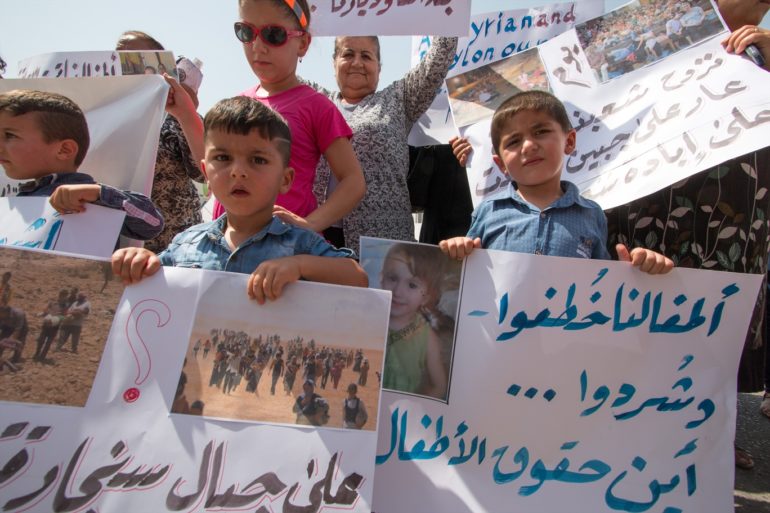
Three years after Iraq’s Christians fled the Nineveh Plains, driven away by the Islamic State group, human rights lawyer Ewelina Ochab has charted the movements of the Christians and evaluated the likelihood that they will now return.
A report published earlier this year showed that 50% of Iraq’s Christians have left the country since 2006, and that there was a sharp increase in people fleeing with the arrival of IS.
The Christians found shelter as internally displaced people (IDPs) in Kurdistan, or as refugees in nearby countries such as Jordan and Lebanon, while others are now living in the US, Canada or Australia.
Since IS was pushed out of the Nineveh Plains, people are slowly starting to return to rebuild their homes and lives, but Ochab says “the number of resettled Iraqi Christians remains very low”. As World Watch Monitor reported last week, many of them find it difficult to return because they see “no future” for themselves in the country.
For those who are returning, there are two major challenges that need to be addressed, says Ochab. First there is the cost of rebuilding the homes IS destroyed – estimated at more than $200 million. Secondly there is the question of security. She says the returnees need a guarantee that they will be safe, and that their rights will be protected.
‘IS will remain’
Although IS seems to be losing more ground every day, it will not disappear; not as long as the “political reasons that produced it” remain, writes Khaled Yamout, a political science professor at Morocco’s Mohammed V University in Rabat. In an article for the Asharq Al-Awsat news site, he explores the circumstances that gave birth to IS and which, he says, will ensure its survival.
He defines “three main factors that allow ISIS to continue to exist and renew itself”: the phenomenon of a new bloc in the Middle East (confronting the Western “colonial” powers); the regime of Syrian President Bashar al-Assad (who used the rise of IS to his strategic advantage, Yamout quotes Francois Burgat, of the French National Centre for Scientific Research, as saying); and religious intolerance (fuelled by IS’s rhetoric).
Last week, Chaldean Chaldean Archbishop Amel Nona also predicted IS’s survival, saying the group is more than just a group; it is “a way of thinking and acting”.